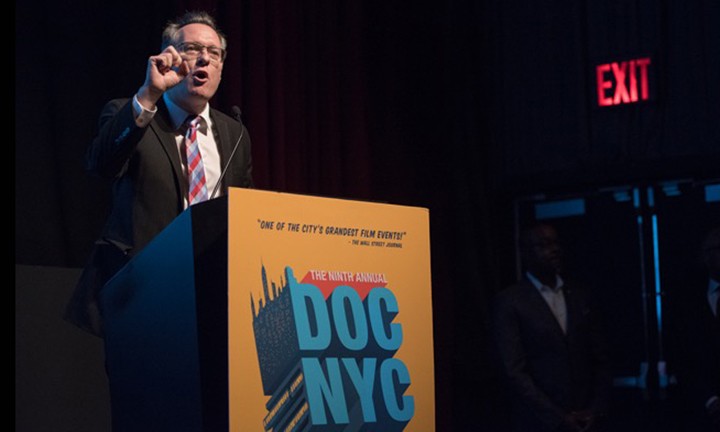My Father the Spy (Latvia/Germany/Czech Republic/Estonia, 82 min.) Dir. Gints Grube, Jaak Kilmi Don’t even dare blink. My Father the Spy is a wild-but-true tale full of twists, turns, and unexpected revelations. The information comes quickly and doesn’t let up as Ieva Lešinska recounts growing up with a double life. Her story will startle audiences and surprise





